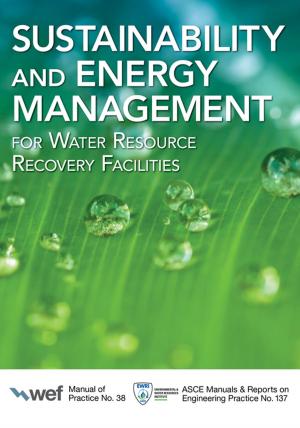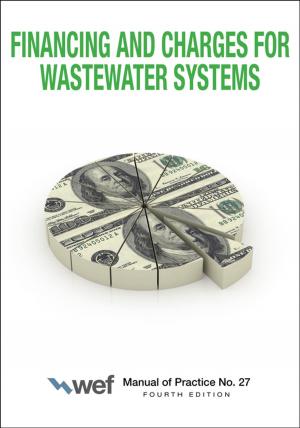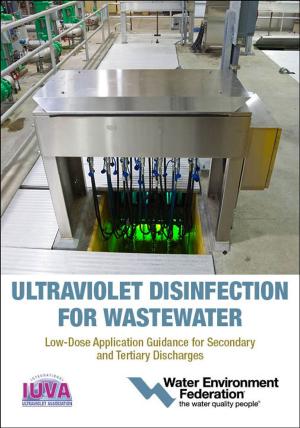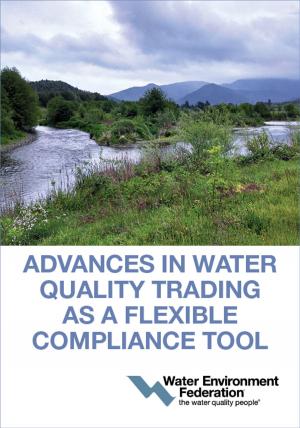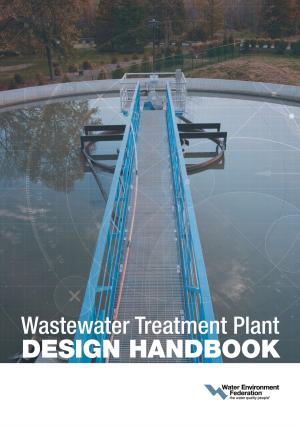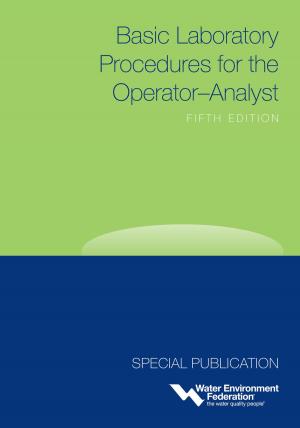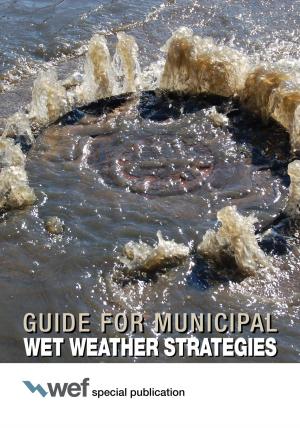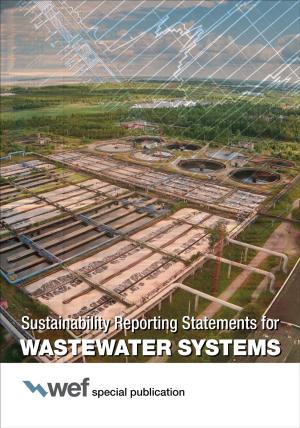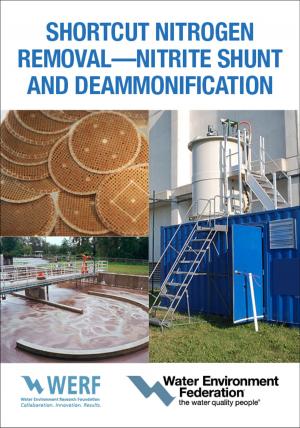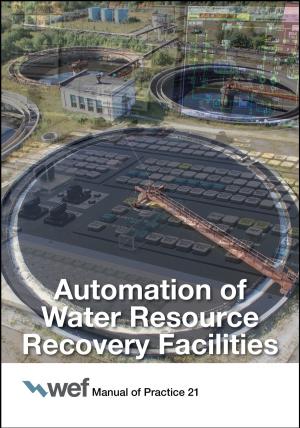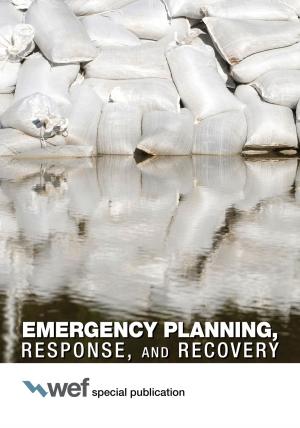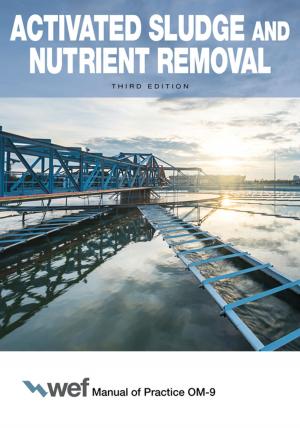Contemporary Technologies for Shale-Gas Water and Environmental Management
Nonfiction, Science & Nature, Technology, Operations Research, Engineering, Environmental, Industrial| Author: | Water Environment Federation | ISBN: | 9781572782877 |
| Publisher: | Water Environment Federation | Publication: | August 1, 2012 |
| Imprint: | Water Environment Federation | Language: | English |
| Author: | Water Environment Federation |
| ISBN: | 9781572782877 |
| Publisher: | Water Environment Federation |
| Publication: | August 1, 2012 |
| Imprint: | Water Environment Federation |
| Language: | English |
Cutting edge gas-shale corporate developers, environmental researchers, and concerned municipality representatives present contemporary technical information and explore potential issues and concerns with gas-shale stakeholders. This publication focuses on related science and engineering technology and presents information on emerging technologies, case studies, and rational cautions for chemical and radiological adverse human and environmental interactions. Topics covered include: Overview of gas-shale drilling and technology (Fracking 101) and management of water needs, reuse, and disposal; Overview of chemical aspects and significant considerations of shale-gas water management; Fate and transport of radium brought to the surface during drilling and other associated shale-gas operations; Relationship of shale formation properties, produced water quality, and water management strategies; The management of divalent metal scale formers (water softening) to enhance reuse of flowback water; In-process reuse and recycle of impaired shale-gas waters prior to disposal; Laboratory and field data linking conversion of bromides to bromate in conventional drinking water plant chlorination facilities; Reversible sorption and desorption of organics from impoundment basins and wells by an innovative organic–inorganic material based on silica; Case studies using nonconventional technology for treatment, reuse, and disposal of shale gas waters in Pennsylvania; Impoundment liner considerations for flowback water retention.
Cutting edge gas-shale corporate developers, environmental researchers, and concerned municipality representatives present contemporary technical information and explore potential issues and concerns with gas-shale stakeholders. This publication focuses on related science and engineering technology and presents information on emerging technologies, case studies, and rational cautions for chemical and radiological adverse human and environmental interactions. Topics covered include: Overview of gas-shale drilling and technology (Fracking 101) and management of water needs, reuse, and disposal; Overview of chemical aspects and significant considerations of shale-gas water management; Fate and transport of radium brought to the surface during drilling and other associated shale-gas operations; Relationship of shale formation properties, produced water quality, and water management strategies; The management of divalent metal scale formers (water softening) to enhance reuse of flowback water; In-process reuse and recycle of impaired shale-gas waters prior to disposal; Laboratory and field data linking conversion of bromides to bromate in conventional drinking water plant chlorination facilities; Reversible sorption and desorption of organics from impoundment basins and wells by an innovative organic–inorganic material based on silica; Case studies using nonconventional technology for treatment, reuse, and disposal of shale gas waters in Pennsylvania; Impoundment liner considerations for flowback water retention.

